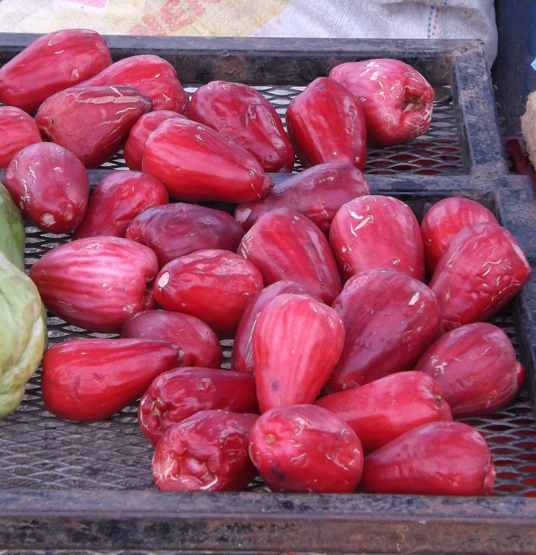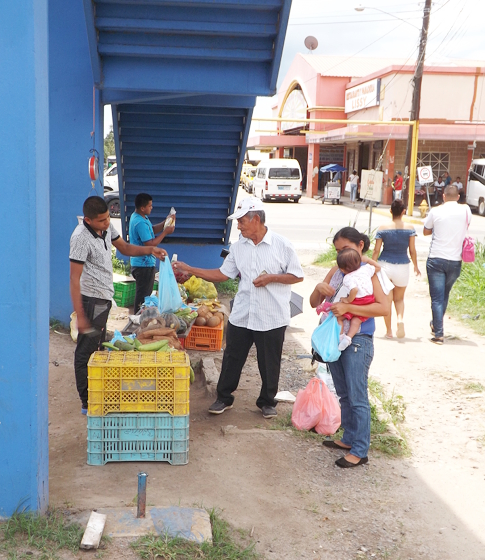
In the informal economy…
photos and note by Eric Jackson
Panama’s informal economy — some of it expensive services by highly paid professionals, but mostly small-time vendors and creative people making meager livings on the margins — is huge. As in, with the numbers necessarily imprecise, about 40 percent of the national work force engaged in it. When they get a good thing going and someone richer figures out a way to take it over, then allegations that it’s criminal will sometimes emerge. It might be a downtown merchant claiming dibs on a public sidewalk in front of his or her store, where a street vendor is selling his or her wares. It might be a restaurateur tired of the competition from street food and claiming health issues with or without good reason. It might be a corporation looking to steal some informal creative person’s intellectual property.
In any case, the informal economy is partly formal, partly regulated, generally tolerated and an economic necessity for the nation. The law firms have made it so that micro-businesspeople can’t for a small fee file a certificate of doing business under an assumed name. That means no credit or government business or utilities or post office boxes in the names of informal businesses. The tax laws are such that people whose businesses don’t bring in $1000 a month don’t have to pay income taxes or keep records. Making it impossible for a foreigner to make a living in our informal economy, or moving street vendors from one place to another in the city, that can be practically done and frequently is done. But to tell more than a million Panamanians that they are no longer allowed to make a living would cause immediate social conflicts — and it wouldn’t just be rich versus poor, but an attempt to change a culture that many who are not in the informal economy appreciate, even revere.
And then there are niches that the larger folks find it difficult or inconvenient to serve anyway. Take perishable fruit with short shelf-lives. The supermarkets can’t be bothered. Some of the larger stores with many customers will sell the more expensive seafood, but if those of us who would fry up a skillet of pampanitas to share with our dogs and cats have to get it from a vendor on a bicycle or a truck, or from the fishermen on the beach. Supermarkets may or may not deal in plantains or bananas, but finger bananas ripen all at once so any marketing of those gets left to the street vendors. And so it is with rose apples as well.
It’s part of Panama’s culture, and part of how a country without any significant welfare dole that would otherwise have a huge and restless army of the unemployed gets by.

~ ~ ~
These announcements are interactive. Click on them for more information.










